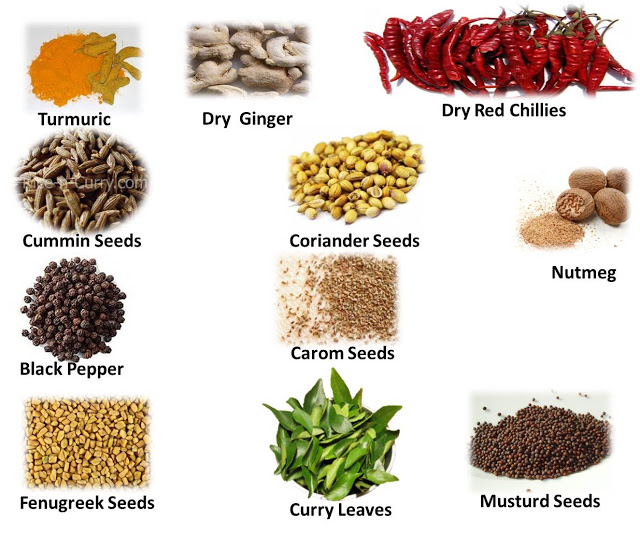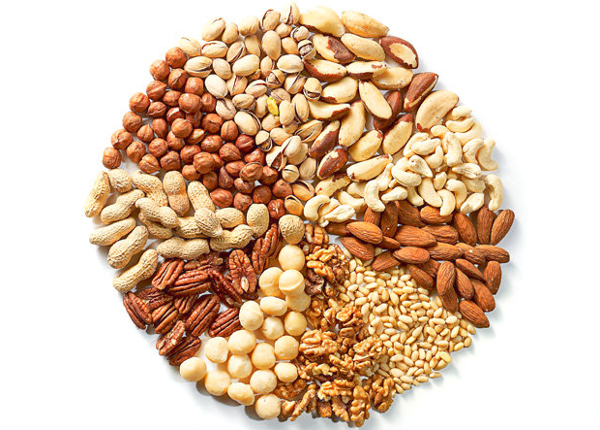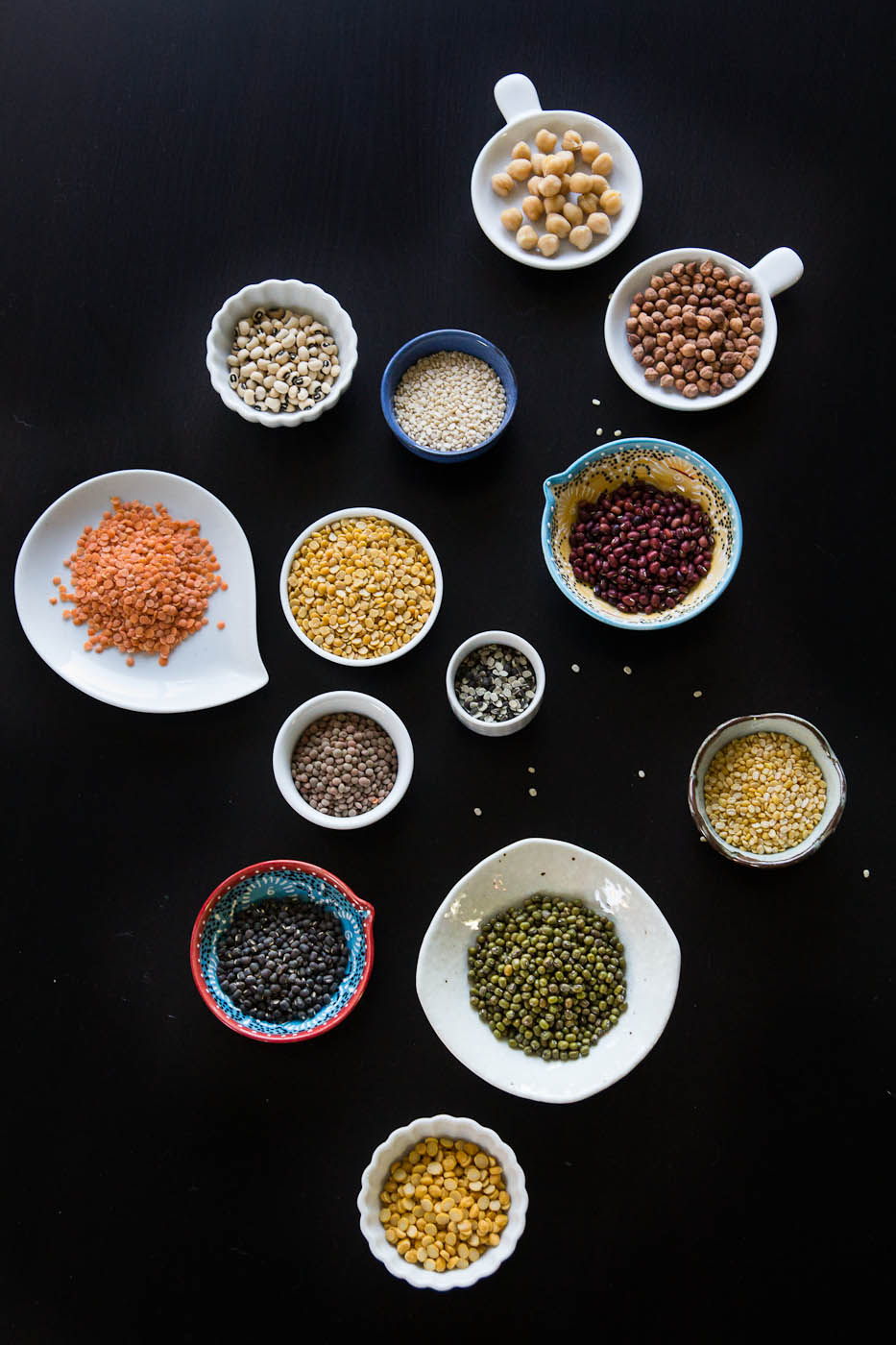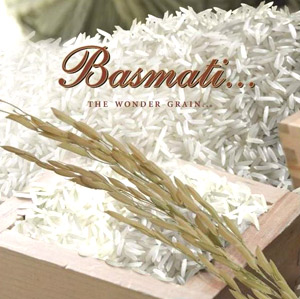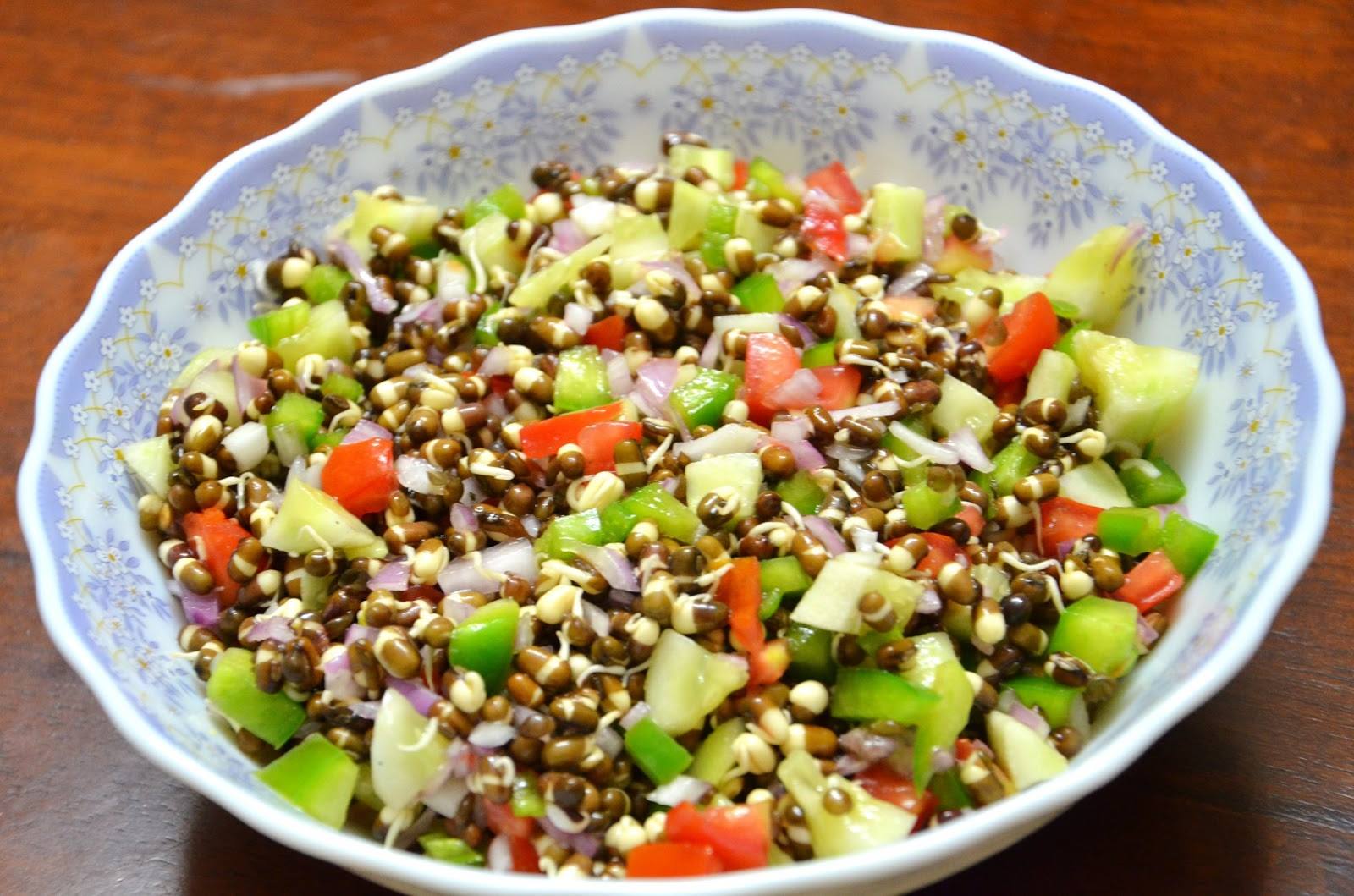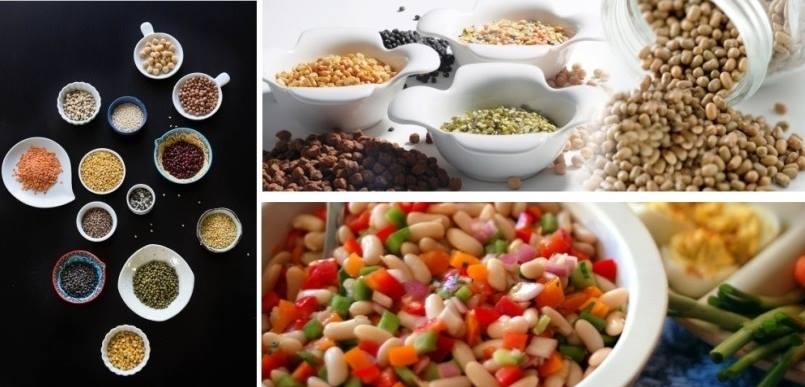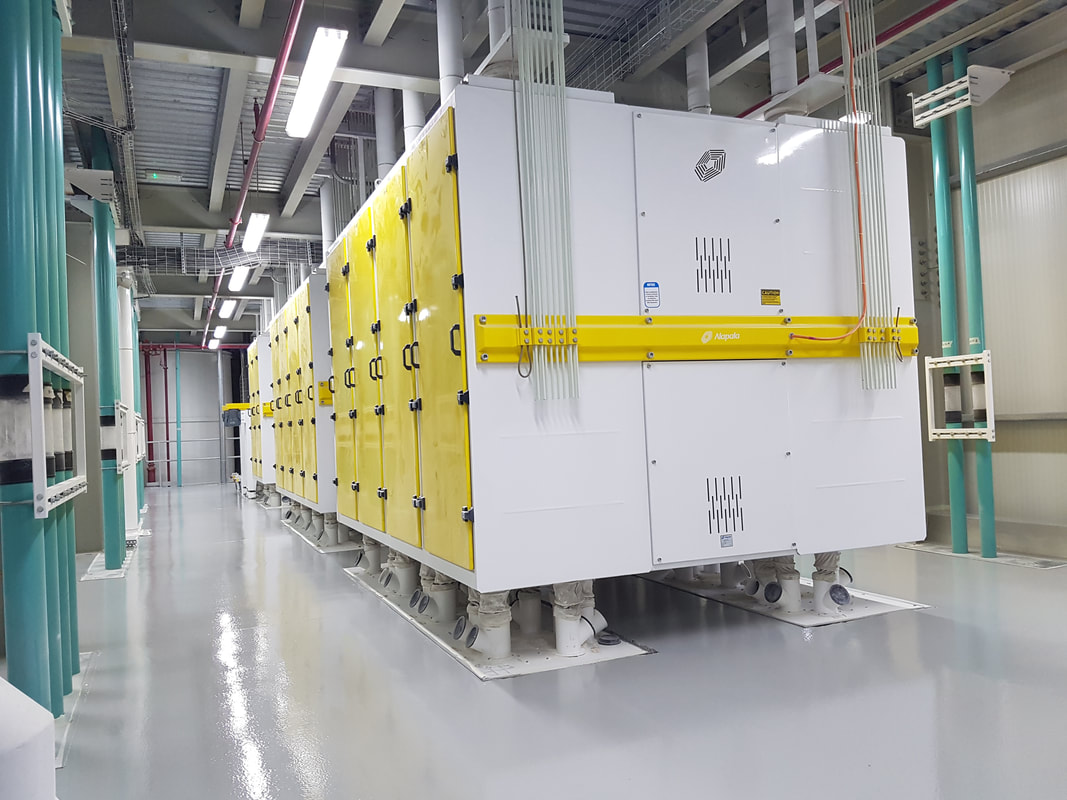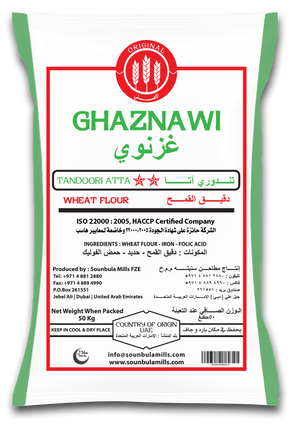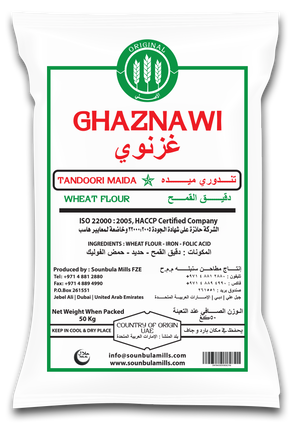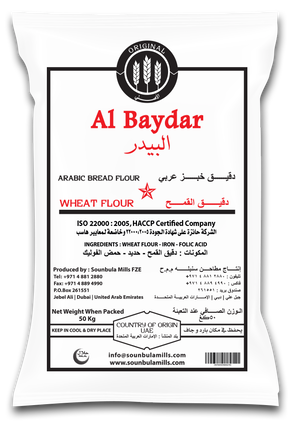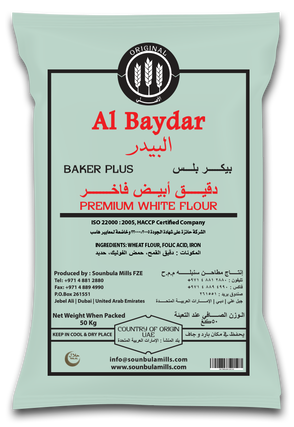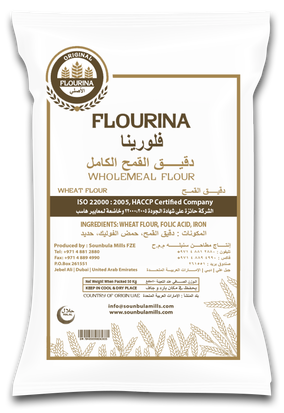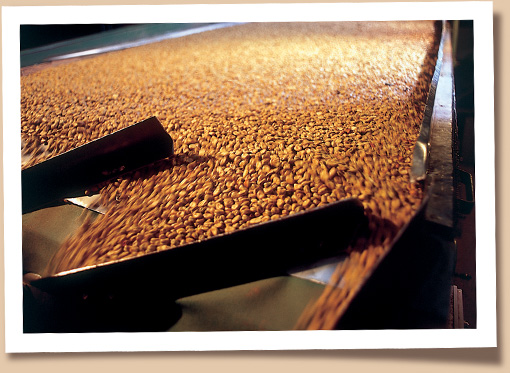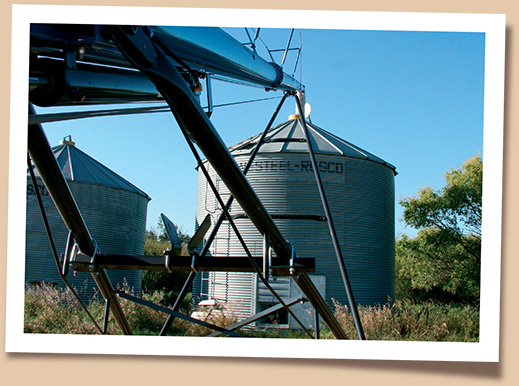Field Crop Farming in – Expert Practices for Maximizing Yields and Quality
Field crop farming in offers significant potential for farmers seeking to maximize yields and optimize land use. With the right practices, can provide an ideal environment for growing a variety of field crops, from grains and legumes to oilseeds and root vegetables. Whether you're an experienced farmer or a newcomer to the industry, understanding the best practices for field crop farming is key to successful production.
Why Choose Field Crop Farming in ?
- Favorable Climate: offers a climate conducive to growing a wide variety of field crops, with well-distributed rainfall, moderate temperatures, and fertile soils.
- Diverse Crop Options: Depending on the soil and climate conditions in , farmers can grow a variety of crops, including grains (corn, wheat, barley), legumes (soybeans, peas), root vegetables (potatoes, carrots), and oilseeds (sunflower, canola).
- Access to Local Markets: provides farmers with access to local markets, where field crops can be sold directly to consumers, as well as opportunities for export to international markets.
- Improved Agricultural Techniques: Advances in farming technology and sustainable practices are improving crop yields and reducing the environmental impact of field crop farming.
Best Practices for Field Crop Farming in
- Soil Management: Soil health is critical for successful crop production. In , farmers should regularly test soil for nutrient levels and pH, incorporate organic matter, and practice crop rotation to prevent soil degradation.
- Irrigation and Water Management: Proper irrigation systems are essential to ensure crops receive sufficient water, especially during dry periods. 's natural rainfall may be adequate for most crops, but irrigation systems can help during drought conditions.
- Fertilization: Fertilization ensures crops receive the nutrients they need for optimal growth. Farmers in can use both organic and synthetic fertilizers based on soil nutrient needs. Balanced application is key to prevent over-fertilization, which can harm the environment.
- Pest and Weed Control: Integrated pest management (IPM) strategies are crucial for managing pests and diseases while minimizing the use of harmful chemicals. Weed control methods, such as mulching, herbicides, and crop rotation, can also help prevent crop damage.
- Precision Agriculture: Utilizing technology such as GPS and sensors for precision farming can help monitor soil conditions, track crop health, and optimize planting and harvesting times. This helps maximize crop yields while minimizing inputs like water and fertilizers.
Key Field Crops Grown in
- Corn (Maize): Corn is a staple field crop that thrives in 's growing conditions. It is used for food, livestock feed, and biofuel production. Farmers need to monitor planting and harvesting times to ensure high yields and good-quality kernels.
- Wheat: provides an ideal environment for wheat production, with its ability to withstand cooler climates. Wheat is a primary crop for bread-making and other food products, and it requires careful attention to soil fertility and pest control.
- Soybeans: Soybeans are a major cash crop for , commonly used for oil extraction and as animal feed. Soybeans help enrich the soil with nitrogen, making them a valuable crop for crop rotation.
- Barley: Barley is well-suited to 's climate and is widely used in brewing and animal feed. It requires careful irrigation and soil management to achieve maximum yields.
- Potatoes: Potatoes are a high-demand crop that benefits from 's rich soils. They require cool temperatures for optimal growth and are sensitive to waterlogged soils, making effective drainage essential.
Harvesting and Post-Harvest Processing
- Harvest Timing: Timing the harvest for field crops is crucial to ensure maximum yield and quality. Farmers in should monitor weather conditions and crop development closely to ensure timely harvesting, avoiding damage caused by early frost or rain.
- Post-Harvest Handling: Once harvested, field crops must be handled and stored properly to prevent spoilage. Proper drying techniques, storage conditions, and pest control are necessary to maintain crop quality.
Market Opportunities for Field Crop Farming in
- Local Food Supply: Field crops grown in can contribute to local food production, providing fresh, locally grown ingredients for food producers, restaurants, and grocery stores.
- Export Potential: 's field crops can be exported to international markets, particularly crops like soybeans and corn, which are in high demand worldwide for food, feed, and industrial applications.
- Value-Added Products: Farmers can increase their profits by processing field crops into value-added products, such as flour, oil, or animal feed. This can open up new business opportunities and diversify income streams.
Challenges in Field Crop Farming in
- Climate Variability: Changes in weather patterns can affect the timing and success of field crop farming. farmers must be prepared to adapt to shifts in temperature, rainfall, and other environmental factors.
- Pests and Diseases: Field crops are susceptible to various pests and diseases, including insects, fungi, and bacteria. Regular monitoring and the use of IPM strategies can help mitigate these risks.
- Market Fluctuations: Prices for field crops can fluctuate due to market demand, weather conditions, and global trade policies. Farmers in must be aware of market trends and plan their crop choices accordingly.
Why Start Field Crop Farming in ?
- Diverse Crop Options: provides the ideal environment for a wide range of field crops, allowing farmers to diversify their production and meet both local and global market demands.
- Expert Support and Resources: offers support for farmers through agricultural extension services, access to new technologies, and research into sustainable farming practices.
- Economic Opportunities: Field crop farming can provide significant financial rewards, especially when focusing on high-demand crops like corn, wheat, and soybeans.
Start Your Field Crop Farming Venture in Today!
Field crop farming in offers abundant opportunities for growth and success. With the right knowledge and practices, you can achieve high yields and contribute to the agricultural industry in . Whether you're looking to grow staple crops or diversify your farming business, field crop farming is a lucrative and sustainable option for the future. Start your journey in field crop farming today and join 's thriving agricultural community.




































 Post ad
Post ad 





